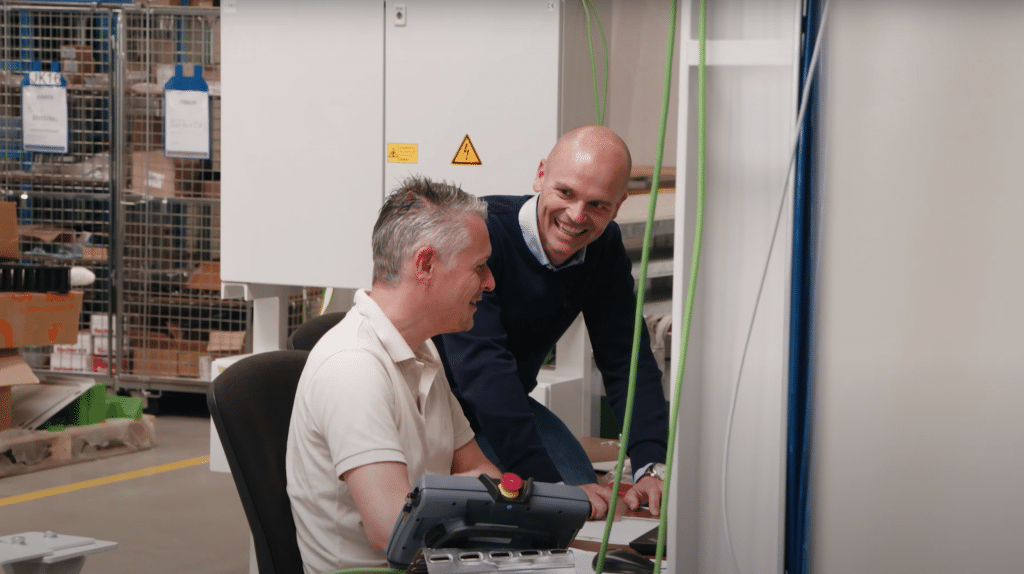
When it comes to optimising your waste flows, automation can play an important role. How? We asked Joris Ceyssens, director of VINTIV, which specialises in developing, building, implementing and retrofitting machines across a range of the most diverse industries.
At VINTIV they’ve also noticed that the number of requests from the recycling market is rising very sharply. In addition, they’ve found that companies whose core business is outside recycling are becoming more and more aware of the environment and the importance of energy-efficient machines. Ceyssens: “It’s not only important from an ecological point of view, but also interesting from an economic perspective.”
From audit to automation
Everything starts with an idea. What are the big energy guzzlers? What sort of waste materials are generated and are they being used intelligently? You can get an answer to this question from an audit which, as a company, you can request through From Waste 2 Profit. You can also take a close look at your own production process. VINTIV will start working on this first idea, in a very accessible way, by looking into technical and budgetary possibilities. “To give a fictitious example, suppose you notice that your waste stream consists mainly of cardboard and paper. You could consider grinding this waste down and using the material produced to make a new product which can then be sold. You come to us with an idea like that and we find out whether someone else has already thought of it, whether it is technically feasible and what the costs are. For example, is there already a standard machine? Or is the standard machine partially usable? Then we look at the possibilities of a retrofit: how can we convert that machine? No such machine exists? Then we look into whether there’s a solid business case for developing that machine for you.”
Feasible and scalable
VINTIV’s customer portfolio ranges from PhD students (looking into automation as part of their research) to multinationals. “Our service is very scalable,” Ceyssens explains. “For example, for Act&Sorb, a start-up founded by PhD student Kenny Vanreppelen, we did a retrofit of a standard tube furnace to recycle MDF boards. This was initially a very small-scale project enabled him to prove that his idea works, is scalable and also technically feasible. And now he’s been able to build his business
But even if recycling isn’t your core business, it pays to take a close look at your production process and consider automating or optimising your production line. Especially if you look beyond the literal meaning of waste and include energy efficiency, for example. “Just as renovating a house is now common practice, renovating machines is also increasingly being considered. Retrofitting is another possibility. We replace the machine control, optimise the drive, etc. For example, we retrofitted the production line of one of our customers in the food industry. All old motors were replaced by new servo motors and the electrical control cabinet was also replaced. And the result? A much more energy-efficient machine,” Ceyssens explains. It goes without saying that this sort of retrofit is scalable and, in the long run, even prevents your entire production line from becoming obsolete and having to be replaced. Win-win? That’s for sure!